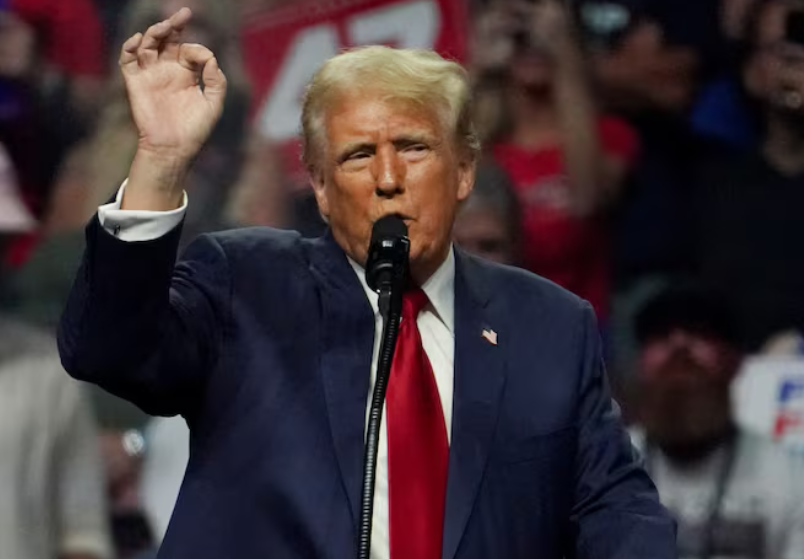In a major rebuke of presidential trade authority, the U.S. Court of International Trade on Wednesday ruled that President Donald Trump overstepped his legal authority when he imposed a series of sweeping tariffs recently—declaring that the measures violated the limits of executive power under federal law.
The court’s three-judge panel found that the Trump administration’s use of the International Emergency Economic Powers Act (IEEPA) to justify broad global tariffs—including those on China, Canada, and Mexico—was unlawful.
The panel held that while the IEEPA grants the president broad powers during a national emergency, it does not authorize unlimited tariff authority without direct connection to the crisis cited.
“Because of the Constitution’s express allocation of the tariff power to Congress,” the panel wrote, “we do not read IEEPA to delegate an unbounded tariff authority to the President.”
The ruling invalidates multiple rounds of tariffs initiated on April 2 during Trump’s presidency—some of which were later scaled back to 10%. The decision also dismantles separate tariffs levied under the pretense of combating fentanyl trafficking, arguing they did not “directly deal with” the stated emergency, but rather sought to exert general economic pressure.
Notably, the bench consisted of judges appointed by three different presidents—Barack Obama, Ronald Reagan, and Trump himself—adding weight to the decision’s bipartisan legitimacy.
The case was brought by a coalition of 12 U.S. states and five private businesses, who argued the tariffs inflicted significant economic harm without proper legislative oversight. Oregon Attorney General Dan Rayfield, a lead plaintiff in the suit, applauded the court’s ruling.
“This is a victory not just for Oregon, but for working families, small businesses, and everyday Americans,” Rayfield said in a statement. “President Trump’s sweeping tariffs were unlawful, reckless, and economically devastating.”
The White House, through spokesman Kush Desai, criticized the ruling and questioned judicial authority over presidential emergency powers:
“It is not for unelected judges to decide how to properly address a national emergency.”
Desai did not clarify whether the Biden administration, which inherited the case, will appeal the decision.
The ruling could have far-reaching implications for how future administrations invoke emergency powers under IEEPA, a law that had never before been used to impose tariffs until Trump’s controversial trade policies.
Legal analysts suggest the judgment reinforces congressional primacy in matters of trade and tariff-setting—a core constitutional function—and limits the potential for unilateral executive actions in global commerce under the guise of emergency powers.

